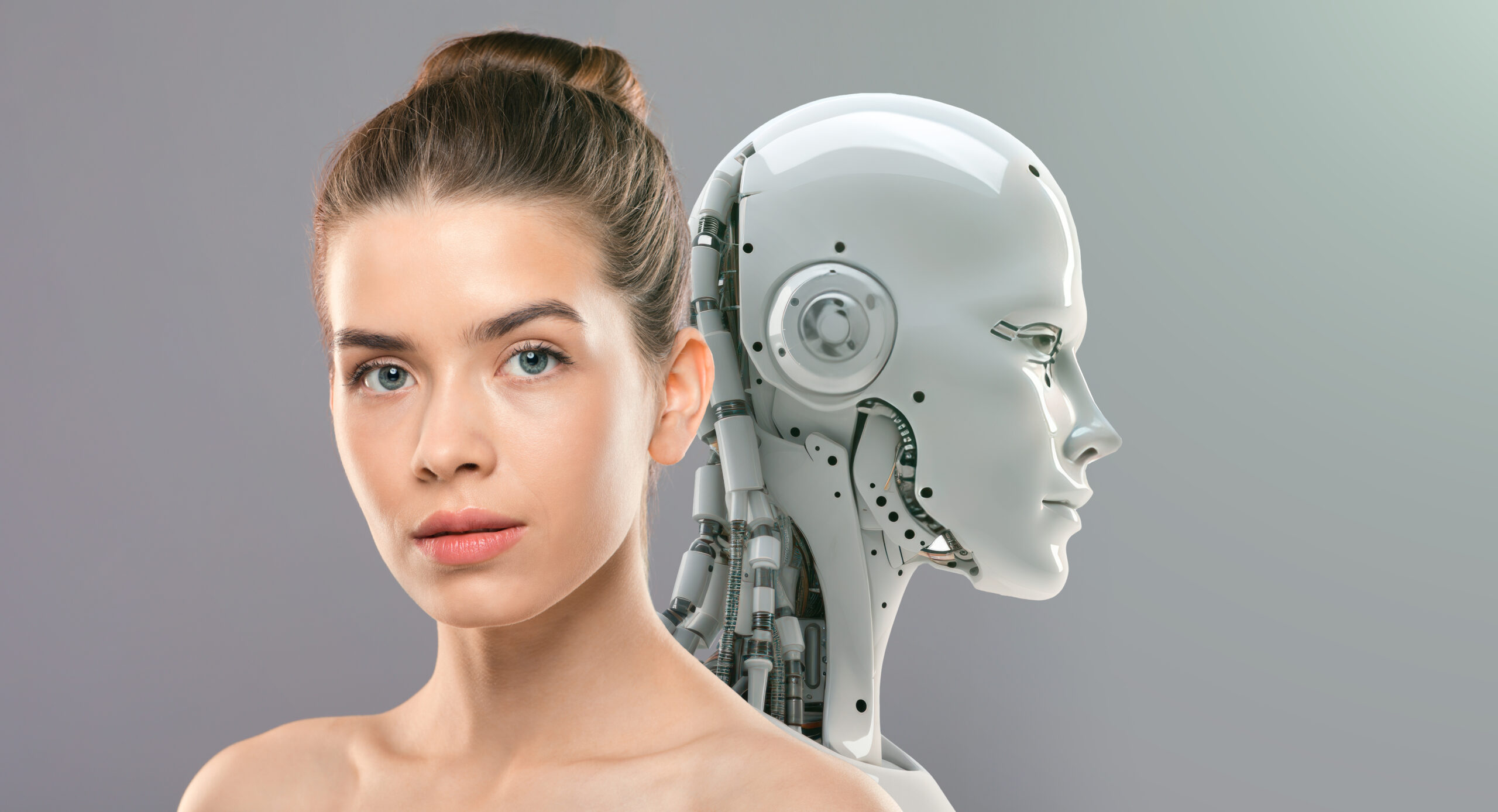1. Klarna’s AI Journey — From Excitement to Disappointment
The AI-loving company Klarna, previously known for saying it would replace its employees with AI, is now looking to hire more people again. After collaborating with OpenAI for two years, Microsoft has understood that its major step into AI didn’t work as intended. Klarna at first promoted its AI customer service agents for saving money, expecting them to handle all customers’ inquiries. Things got even worse at the company, as they celebrated firing most marketing employees and reducing the workforce by 22%. At some point, the CEO of Klarna indicated that “AI is already capable of carrying out all human duties.”That same year, Klarna starts singing a new song.
2. The Harsh Reality of Fully Automated Customer Service
Based on what Siemiatkowski observed, using AI as the main tool resulted in a key issue related to quality. Customers ended up feeling unsatisfied because they had to interact with unfeeling and at times inept chatbots. Instead of saving millions in marketing, Klarna saw that handing over work to AI and cutting its workforce by 700 was not the smartest decision. Recently, the CEO made it clear he would support the hiring of people rather than full automation, unlike his statements before. Now, the company wants to bring employees back by using freelancers, who can work from home much like drivers do on Uber. It’s a big change, demonstrating how much consumers now appreciate extra care from staff members.
3. Klarna Isn’t Alone in This Regret
Klarna’s story is repeated in many places. Reality is showing that the impact of AI might not be as big as the media does in many industries. Recent research of over 1,400 business leaders in 2024 proved that two-thirds felt dissatisfied or indifferent about their use of AI. More than half of the UK executives who decided to replace their jobs with AI admit they made a mistake. According to a Carnegie Mellon study, workers in an AI environment only managed 24% of the tasks they were required to do. The results point out that although AI is an effective tool, it does not cure all our problems. In different situations, wanting to automate quickly has lowered performance, disappointed customers, and left their expectations unfulfilled.

4. The Future of Work Isn’t Fully Human — Or Fully AI
What is the result for us? The future will probably have both AI-powered tools and human intelligence combined. With AI, work tasks are done more efficiently and expenses are cut, yet feelings, fairness, and fresh ideas need the mind of a human. The move by Klarna should remind companies of the need to be prepared. Before switching to machines, organizations should give equal importance to the company’s reputation, customers’ experience, and the type of products offered, not only to matters of cost.
Source:
Futurism